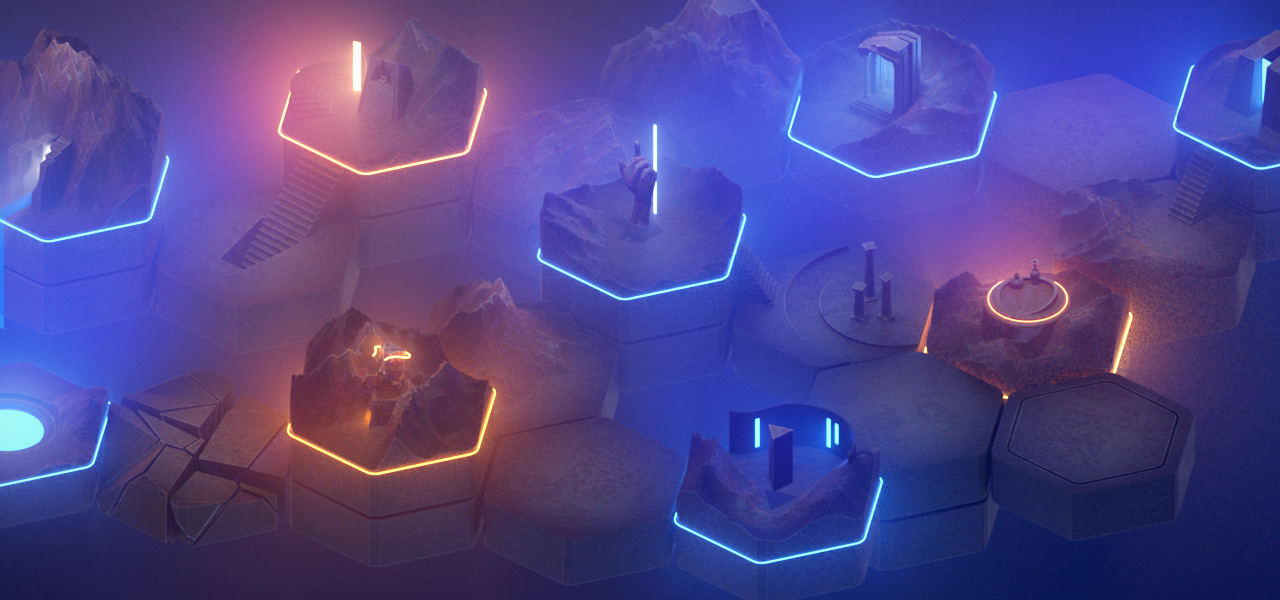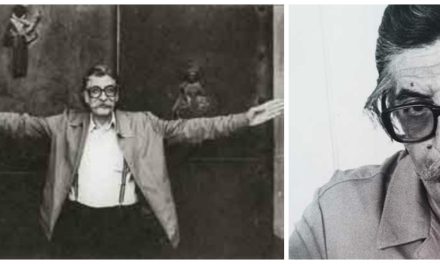Aylon Lyceum is a new cultural space which opens its gates to the public in November; its first exhibition, “Democracy and Eudemonia”, invites visitors to explore Greek philosophical thinking and the ways to live well in a state, through an interactive experience where each exhibit is also a challenge.
The cultural center is housed in the imposing building of the Athens Conservatoire, in the heart of Athens, next to the archeological site of Aristotle’s Lyceum. Its official opening took place on Monday, October 30, by the Minister of Culture and Sports, Lina Mendoni.
Aylon Lyceum is a collaboration between the Ministry of Culture and Sports and the National Centre for Scientific Research “Demokritos”, the largest multidisciplinary Research Centre in Greece; it was the result of the project “DESIGN, ORGANIZATION AND OPERATION OF THE HOUSE OF CLASSICAL GREEK IDEAS” co-financed by the European Regional Development Fund (ERDF) of the European Union and national resources through the Operational Programme Competitiveness, Entrepreneurship & Innovation (EPAnEK) 2014 – 2020.
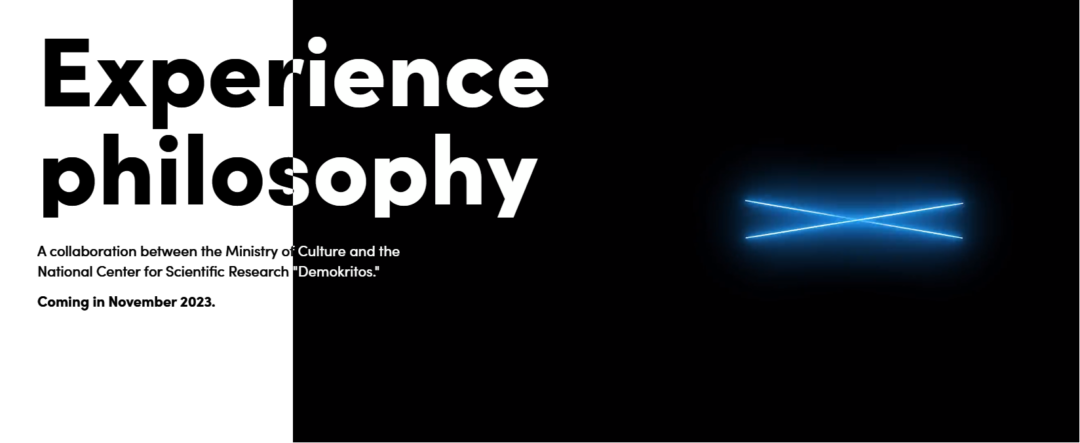
The center’s name is inspired by Aristotle’s Lyceum, that is, a school founded by the famed ancient philosopher Aristotle, where he gave lectures based on his philosophy and his systematic examination of the natural world. “Aylon” refers to the Greek adjective aylos, meaning “immaterial, intangible”, in reference to the nature of ideas, but also on the use of new technologies, which encourage reflection and dialogue, just as Aristotle’s Lyceum did in ancient Athens.
Aylon Lyceum fosters technology-driven cultural experiences on ancient Greek philosophy and invites guests to reflect on time-old questions. Its mission is to advance philosophical thinking in everyday-life and raise awareness on contemporary techno-ethical issues, developing experiences that broaden the visitors’ understanding of ancient Greek ideas through exhibitions using cutting-edge technologies.
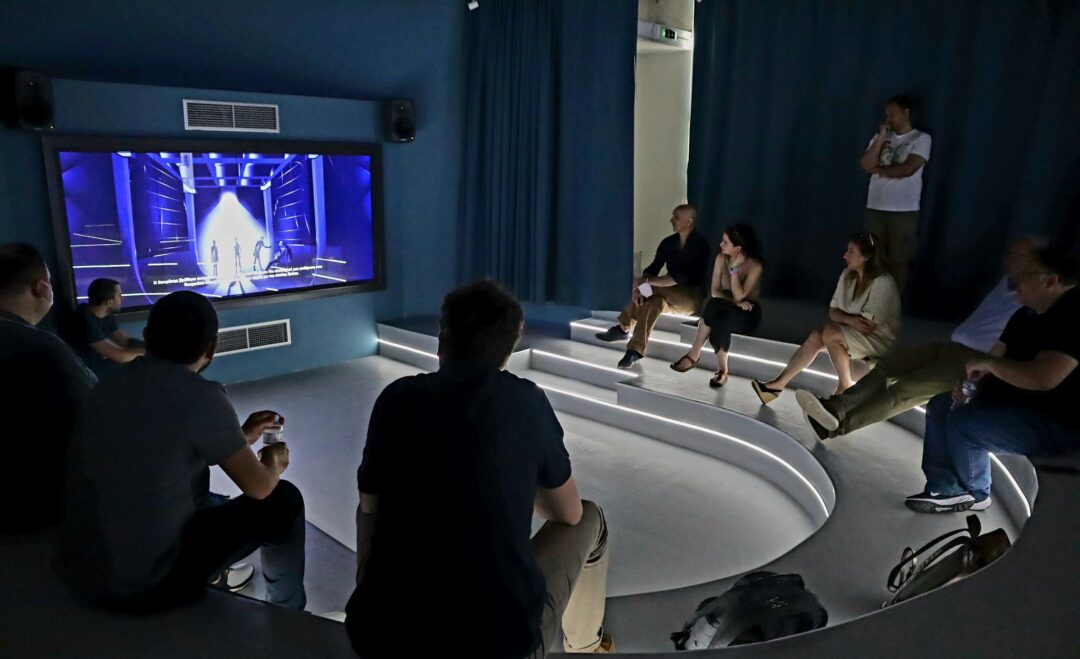
The Institute of Informatics & Telecommunications of NCSR Demokritos, responsible for the development of the Aylon Lyceum, coordinates various projects and participates in the creation of innovative applications by using cutting-edge technologies such as content management, human-computer interaction, audio analysis and music information retrieval.
Speaking to ANA-MPA, Deputy Minister of Culture Christos Dimas said that “Aylon Lyceum connects the ideas of ancient Greek philosophers with new technologies in a natural space, offering a unique interactive experience”.
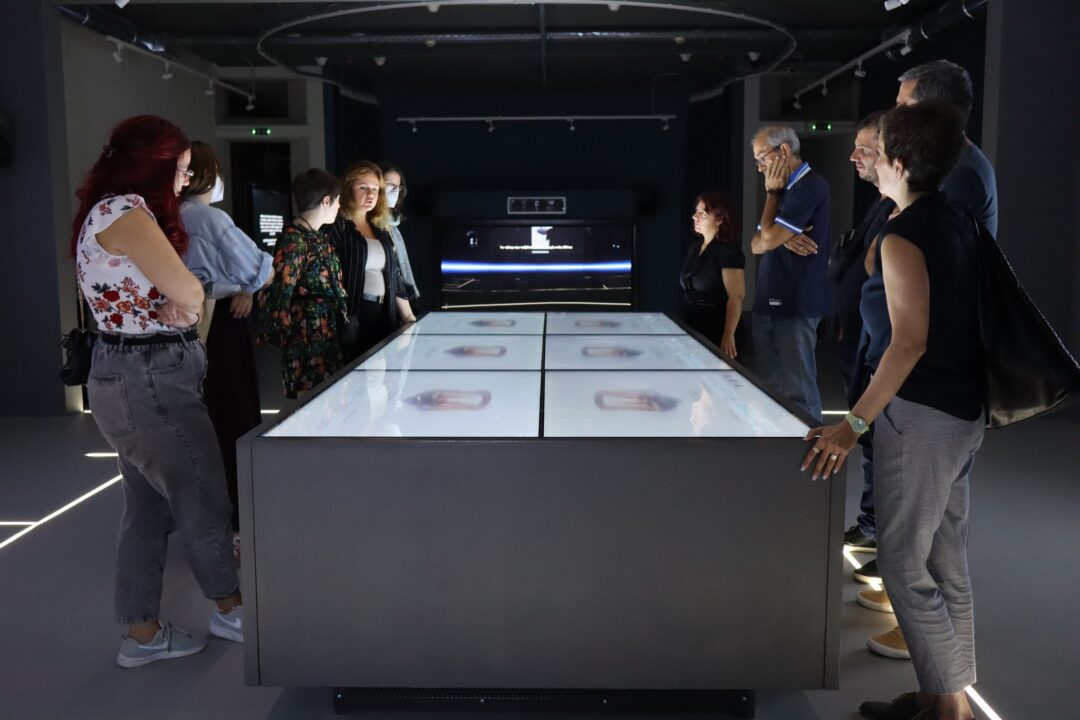
The space’s first exhibition, themed Democracy and Eudemonia (Eudemonia or Eudaimonia is a term deriving from the works of Aristotle, meaning “happiness” of “welfare”) seeks to answer the question: How can we live well? The exhibition, designed as a group philosophical experience, invites visitors to explore the relationship of democracy to happiness. Each exhibit is a challenge, an opportunity for reflection and dialogue.
As stated by the Deputy Minister of Culture, “the exhibition’s mission is to transform intangible ideas into a digital experience, contributing to the broadening of visitors’ relationship with philosophy, to the understanding of ancient Greek ideas and mythology, but also to the assimilation of philosophical thought in our daily life”.
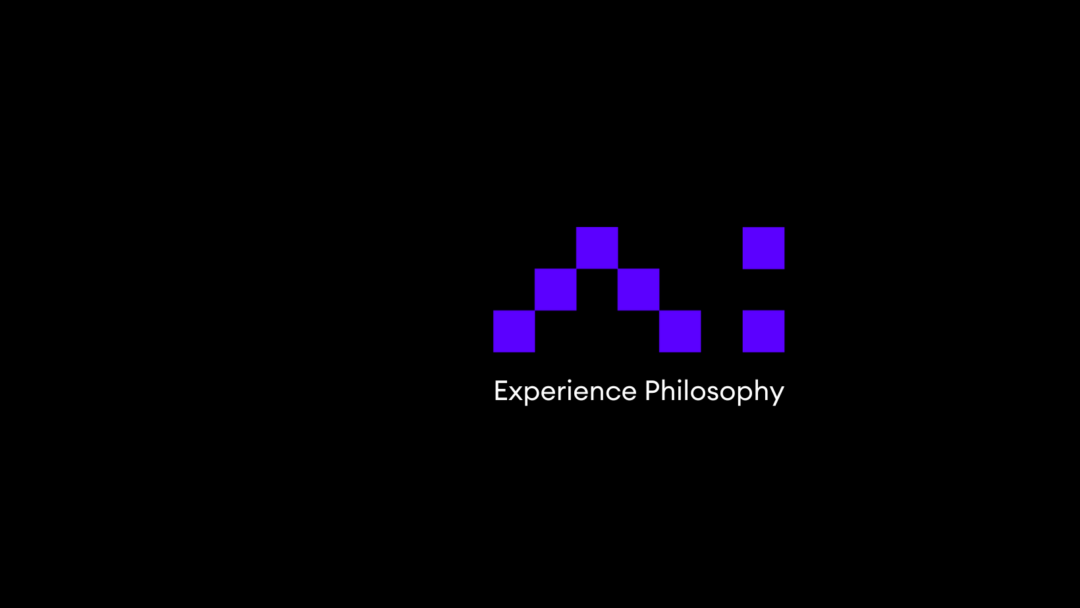
Parallel to the main exhibition, and using the same exhibits, the center also organizes a second exhibition, The Dilemma of the Ring, specially designed for students of the 5th and 6th grade of elementary school. School visits to the exhibition take place through a specially designed educational program that aiming to help children approach the ideas of ancient Greek philosophy. The main theme of the program is the Ring of Gyges, the famous myth found in Plato’s Republic, which highlights moral dilemmas. Through interaction with the digital exhibits, the students are encouraged to engage in philosophical contemplation.
The exhibitions will run from November 14 through December 15, 2023. All exhibits also use subtitles in Greek and in English for the hearing impaired. The space is accessible for people with disabilities.
Image sources: Aylon Lyceum’s official site & official Facebook page
Read also via Greek News Agenda: Meet “Demokritos” the biggest Research Centre of Greece; Dr. Androula Nassiopoulou on Nanoscience and Nanotechnology in Greece; A Tribute to Plato
TAGS: ANCIENT GREECE | PHILOSOPHY | SCIENCE & TECHNOLOGY

